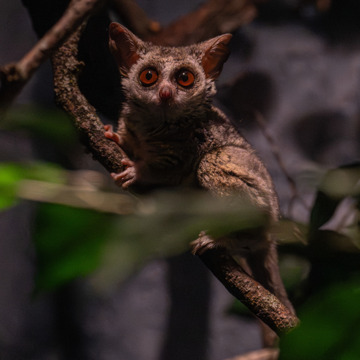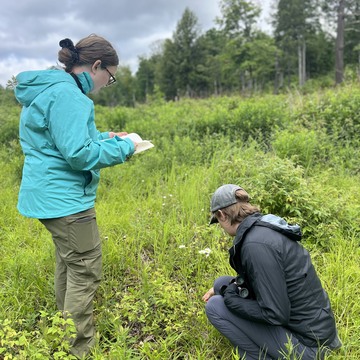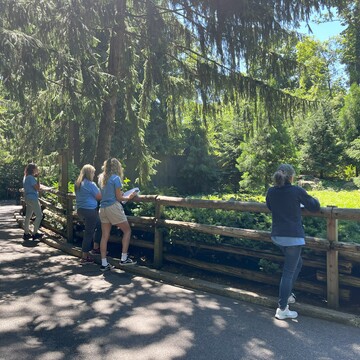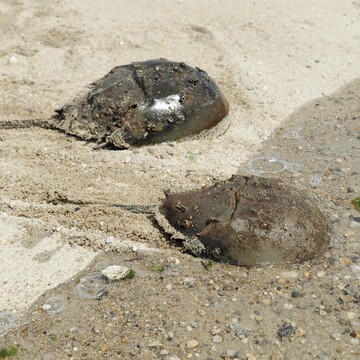Current Student Information
Important Dates
March 1, 2026 - Summer Registration Opens
May 8, 2026 - Spring Semester Classes End
May 9, 2026 - New Student Orientation for Cohort 2026
May 16, 2026 - Miami University Commencement in Oxford, OH
May 25, 2026 - Summer Semester Begins
June 1, 2026 - Fall Registration Opens
June 4-7, 2026 - Foundations of Inquiry (BIO 654) Intensive - Required Dates
August 14, 2026 - Summer Semester Classes End
August 24, 2026 - Fall Semester Begins
September 15, 2026 - Applications OPEN for Cohort 2027
November 1, 2026 - Spring Registration Opens
December 4, 2026 - Fall Semester Classes End
December 11, 2025 - Miami University Commencement in Oxford, OH
January 2027 - WCS-AIP Graduation Event at the Bronx Zoo
January 25, 2027 - Spring Semester Begins
February 15, 2027 - Applications DUE for Cohort 2026
Course Information
WCS AIP Internship Program
WCS AIP students have exclusive access to the WCS AIP Internship Program. Please contact tchudoba@wcs.org or wcsaip@wcs.org if you would like to find out more information.






